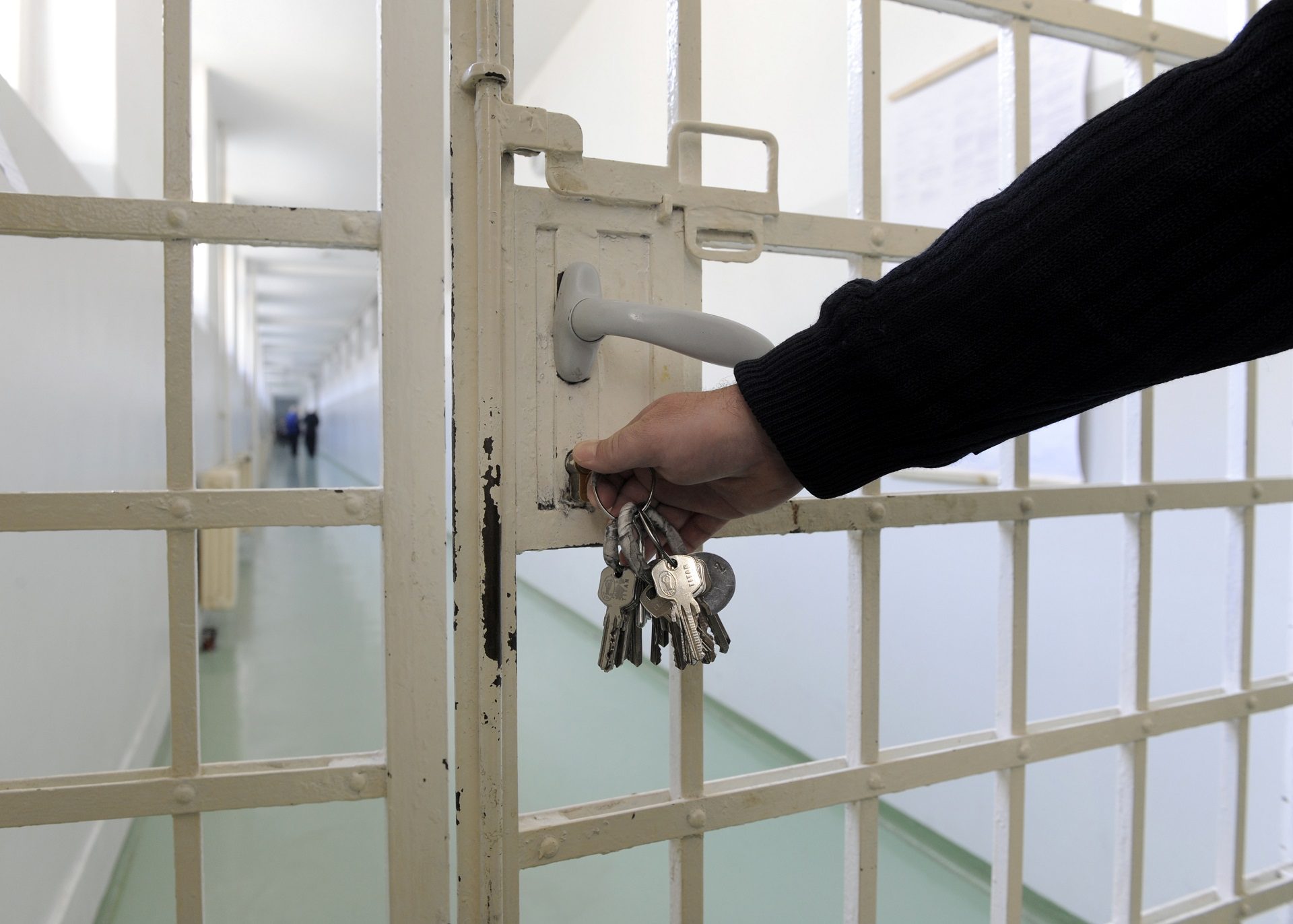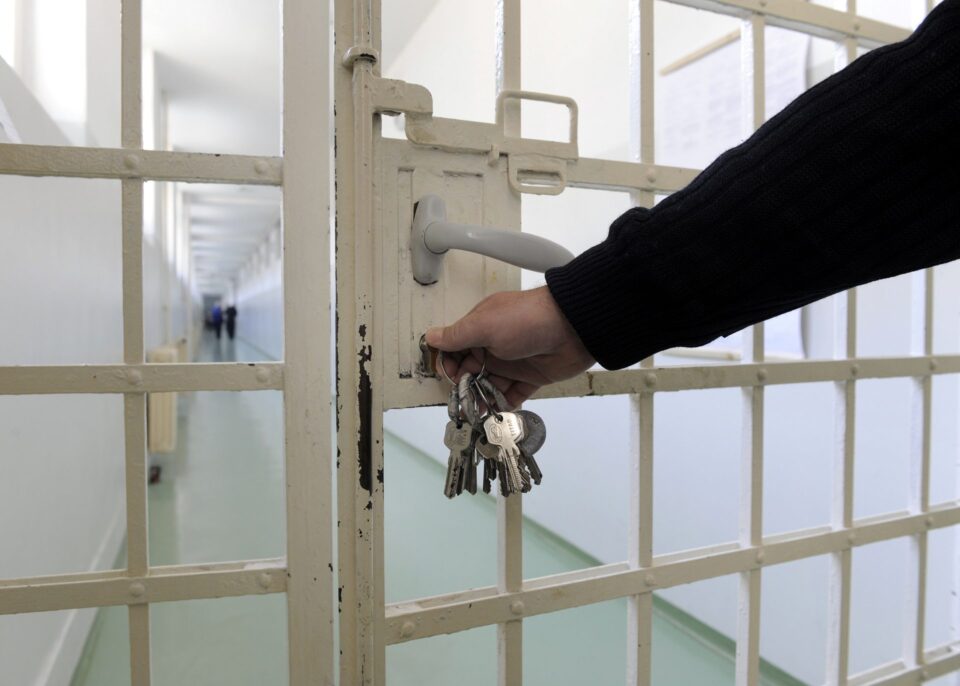Correctional Officers and Jailers
At a glance
- Median Salary$39,402
- Local Jobs1,050

Occupation Profile
By the Numbers
Median annual earnings$39,402
Median Annual Earnings are the midpoint earned by 50 percent of workers who are the lowest paid and 50 percent of workers who are the highest paid in a particular occupationLocal Jobs1,050
Median Annual Earnings are the midpoint earned by 50 percent of workers who are the lowest paid and 50 percent of workers who are the highest paid in a particular occupationEntry-level educationHigh School
Median Annual Earnings are the midpoint earned by 50 percent of workers who are the lowest paid and 50 percent of workers who are the highest paid in a particular occupation
Daily Tasks
- Conduct head counts to ensure that each prisoner is present.
- Monitor conduct of prisoners in housing unit, or during work or recreational activities, according to established policies, regulations, and procedures, to prevent escape or violence.
- Inspect conditions of locks, window bars, grills, doors, and gates at correctional facilities to ensure security and help prevent escapes.
- Search prisoners and vehicles and conduct shakedowns of cells for valuables and contraband, such as weapons or drugs.
- Maintain records of prisoners’ identification and charges.
- Record information, such as prisoner identification, charges, and incidents of inmate disturbance, keeping daily logs of prisoner activities.
- Guard facility entrances to screen visitors.
- Use weapons, handcuffs, and physical force to maintain discipline and order among prisoners.
- Take prisoners into custody and escort to locations within and outside of facility, such as visiting room, courtroom, or airport.
- Conduct fire, safety, and sanitation inspections.
- Settle disputes between inmates.
- Serve meals, distribute commissary items, and dispense prescribed medication to prisoners.
- Provide to supervisors oral and written reports of the quality and quantity of work performed by inmates, inmate disturbances and rule violations, and unusual occurrences.
- Participate in required job training.
- Use nondisciplinary tools and equipment, such as a computer.
- Issue clothing, tools, and other authorized items to inmates.
- Counsel inmates and respond to legitimate questions, concerns, and requests.
- Assign duties to inmates, providing instructions as needed.
Occupational Skills
Hard Skills
- Auditing
- Behavioral Science
- Booking (Sales)
- Cardiopulmonary Resuscitation (CPR)
- Contraband Detection And Control
- Criminal Corrections
- Emergency Response
- Health Education
- Medication Inventory
- Trauma Care
Soft Skills
- Communications
- First Aid
- Management
- Mentorship
- Microsoft Office
- Operations
- Problem Solving
- Sanitation
- Supervision
- Valid Driver's License
Hard skills are specific, learnable, measurable, often industry- or occupation-specific abilities related to a position.
Soft skills can be self-taught and usually do not necessitate a certain completed level of education. They are essential in many industries and occupations.
Educational Programs
Fundamentals of Law Enforcement
| Type | Credential | Hrs | Online | Financial Aid |
| CTE | L1 | 18 | Some | Yes |
Law Enforcement
| Type | Credential | Hrs | Online | Financial Aid |
| AAS Credit | AAS | 60 | Some | Yes |
Correctional Science
| Type | Credential | Hrs | Online | Financial Aid |
| CTE | L1 | 25 | Some | Yes |
Learn more aboutCorrectional Officers and Jailers
Visit Career Coach for additional in-depth information and available training programs for this job.













